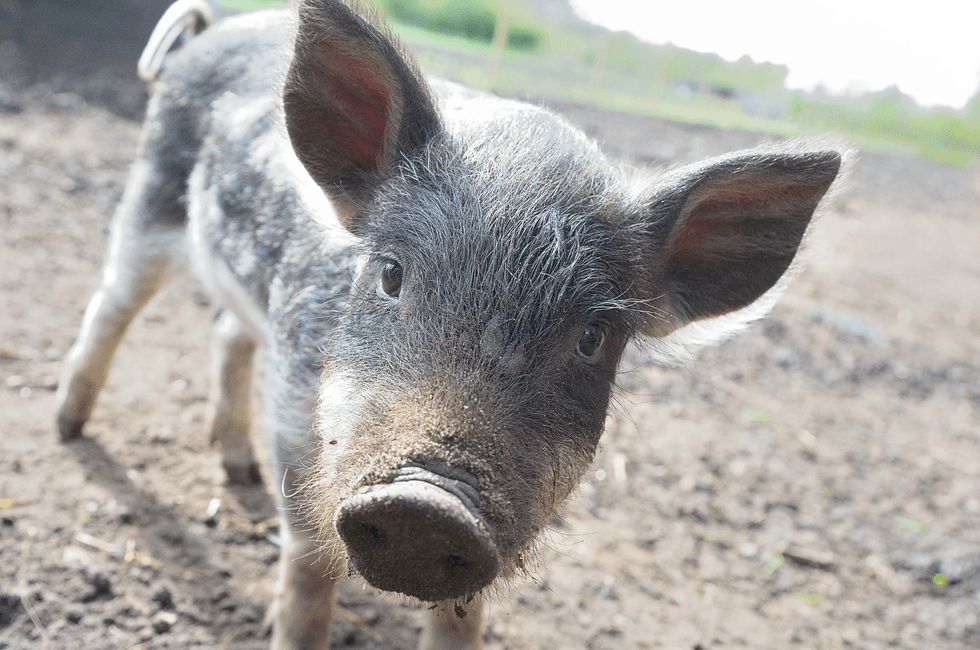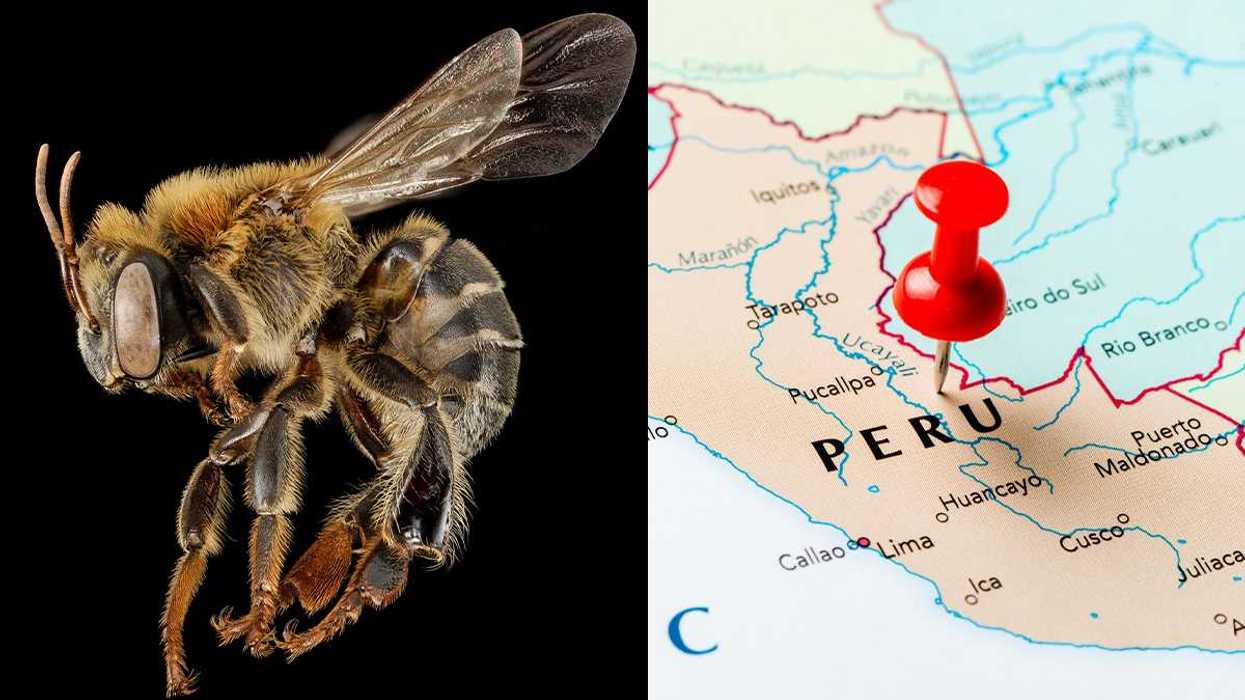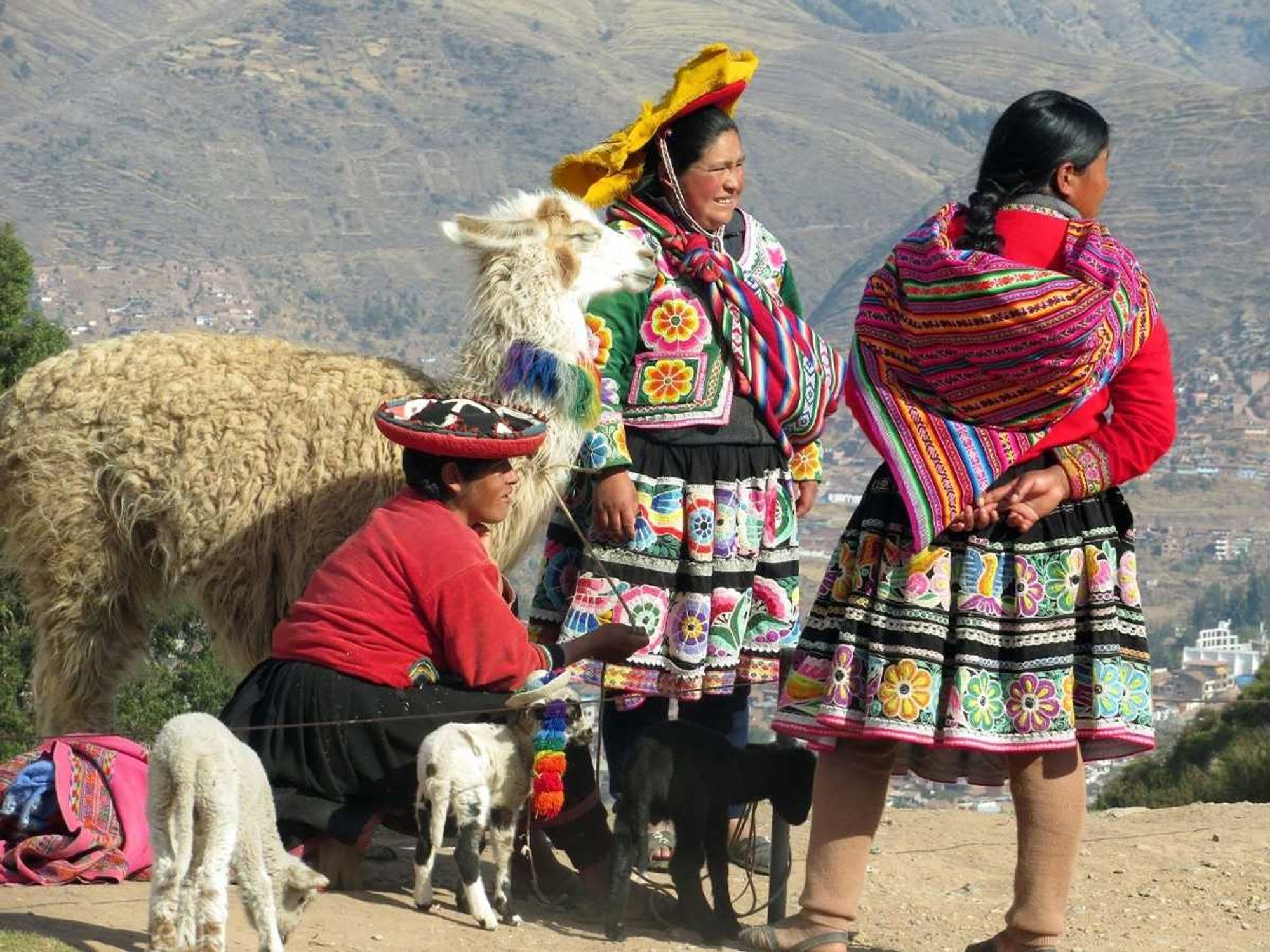In a western area of Istanbul, about a hundred Turkish girls and a couple of Turkish boys file into the auditorium of the Bagcilar Family and Culture Community Center. A nervous teenage boy takes to the stage, accompanied by a girl of the same age who looks considerably more confident under the spotlight. When the two begin belting lyrics in Korean, the room bursts into encouraging applause. Their song choice is “Because of My Love,” a saccharine duet by the Korean pop stars Ruvina and Han Eun Ji. The crowd pulses in utter delight.
The event was organized by Korea-Fans.com, Turkey’s premier source for all things Korean. With over 61,000 registered users and more than 2 million messages posted to their forums since 2012, the site serves as the largest virtual meeting place for the improbable Korean cultural craze now going on in Turkey. It is largely a product of the “Hallyu” (Korean Wave), an expression first coined by Chinese journalists to describe the massive increase in popularity of South Korean cultural products over the past 10 years. Fueled by a strategic effort by the South Korean government to fend off the encroachment of Japanese culture and bolster the South Korean economy, the nation’s pop music and soap operas (K-pop and K-drama) have found a particularly ardent fan base in Turkey, where veritable communities have arisen in the form of K-drama fan clubs, K-pop music groups, and websites like Korea-Fans.com.
The Hallyu arrived in Turkey when TRT, a government-owned TV station, began running episodes of “A Jewel in the Palace,” a wildly popular Korean soap opera set in the 15th century, about a kitchen cook who becomes the king’s first female doctor. Like many of its kind, the drama explores themes of class mobility and forbidden love. Heartbreak and romantic reconciliation are usually major plot points of all K-dramas.
These themes also pervade the lyrics of K-pop music, which taps into the mercurial passions of adolescence to maximum effect, with universal narratives about love, relationships, and belonging. In the K-drama and K-pop universe, princes commonly fall in love with paupers.
On the Korea-Fans.com forums, young Turks speculate about potential plot lines and obsess over cast pairings. The site also releases a monthly e-magazine, Dong-Yul, which not only includes gossip about the cast members but also Korea-related news items. The magazine is written entirely in Turkish. A cadre of volunteer enthusiasts moderates the site. Among them is Begum Han, a 21-year old former university student. Han has been a rabid consumer of Korean culture ever since she watched Korean dramas like “I Hear Your Voice” and “Secret Garden.” She recently dropped out of school to work for Turkish Airlines, where she will be a cabin attendant on flights to and from Korea. She made the career move so she could visit Korea on a regular basis.
[quote position="full" is_quote="true"]On the Korea-Fans.com forums, young Turks speculate about potential plot lines and obsess over cast pairings.[/quote]
“I want to learn a little bit. I have Korean friends, and I want to communicate with them a bit more clearly,” she says. Like many international K-drama fans, Han has picked up Korean phrases from watching Korean soap operas, and she’s used her elementary language skills to connect with K-drama and K-pop fans in Korea.
Gülizar Yilidirim, 18, has also learned to speak Korean from watching K-dramas.
“I have been watching Korean dramas for five or six years, so I’ve learned to speak some things,” she says.
Yilidirim remembers first falling in love with K-dramas after watching “My Girl,” a soap opera that first aired in 2005. Part of what makes these shows so accommodating to Yilidirim and other Turkish K-drama fans is their distinctly chaste depictions of teenage romance with very few physical expressions of love. A K-drama couple may go through a whole season without ever having kissed.
“In Turkish dramas, there are a lot of kissing scenes and a lot of bad scenes. In American dramas, too. But not in Korean dramas; it’s not like that,” said Yilidirim.
This makes Korean dramas easy to air for many Middle Eastern TV stations, many of which restrict images considered obscene or sexually provocative. It also allows local audiences to indulge their desire for sentimental dramas without violating any moral codes.
“I heard that Korean people don’t like Korean drama much because ‘It’s all about love stories!’” says 21-year old Merve Savun. “But I love love stories!”
Image courtesy of korea.net

















 A collection of toilet paper rollsCanva
A collection of toilet paper rollsCanva A bidet next to a toiletCanva
A bidet next to a toiletCanva A cute pig looks at the cameraCanva
A cute pig looks at the cameraCanva A gif of Bill Murray at the dentist via
A gif of Bill Murray at the dentist via  A woman scrolls on her phoneCanva
A woman scrolls on her phoneCanva
 A confident woman gives a speech in front of a large crowdCanva
A confident woman gives a speech in front of a large crowdCanva
 The 'weird' car ceiling handle above the windowCanva
The 'weird' car ceiling handle above the windowCanva A gif of a dog and cat screaming in a car via
A gif of a dog and cat screaming in a car via 

 Creativity and innovation are both likely to become increasingly important for young people entering the workplace, especially as AI continues to grow.
Creativity and innovation are both likely to become increasingly important for young people entering the workplace, especially as AI continues to grow.

 Peru stingless bee.USGS Bee Inventory and Monitoring Lab/
Peru stingless bee.USGS Bee Inventory and Monitoring Lab/  Indigenous Peruvian people.Photo credit
Indigenous Peruvian people.Photo credit